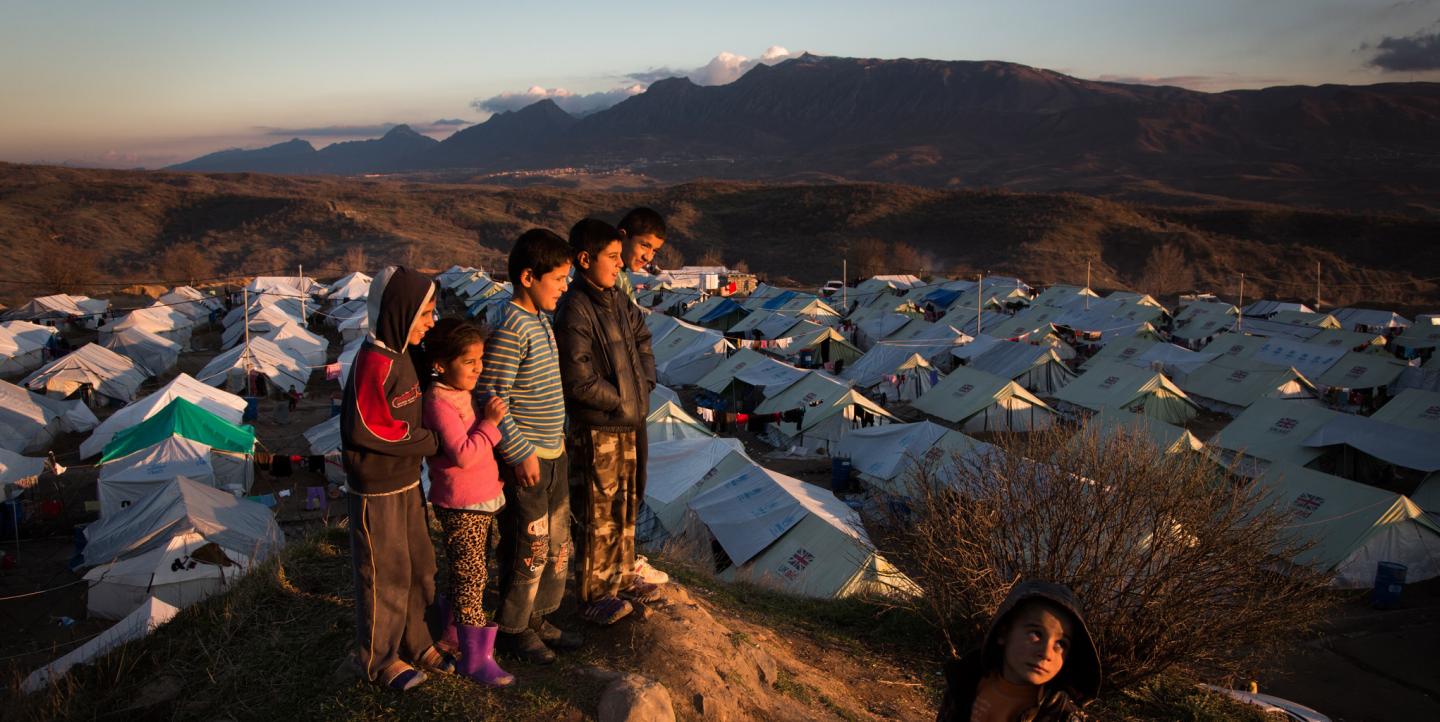Just a day before President Donald Trump announced an executive order to suspend entry to the United States by all people from seven majority Muslim countries and refugees from anywhere, journalists and officials from around the world met in Brussels to talk about how the media can counter hate speech against migrants and refugees.
Though Trump had not yet issued his order, participants talked about how the media have covered Trump’s election, Brexit and the growth of anti-immigrant parties across Europe. They agreed that some media coverage has fueled the growth of movements that demonize migrants and refugees, but that responsible reporting can help people see migrants in a different light.
Sponsored by the European Union and the U.N. Alliance of Civilizations, the conference was aimed at developing recommendations for journalists, media and governments. The recommendations included:
1. Media literacy should be embedded in education systems, from early childhood to the professional level. Citizens need to be able to evaluate the sources of their information so they can recognize false or biased news. Specific ideas include running massive open online courses (MOOCs) that help teachers learn the best media literacy techniques, and making practical toolkits available for teachers. These media literacy programs could also let students create their own content or play games that help them better understand quality media sources.
2. Give space for more migrant and refugee voices to be heard. Much media coverage of these communities presents them either as victims or perpetrators. While journalists should not censor themselves in reporting cases where migrants are victims or perpetrators, they should also report on their lives in a broader sense -- as parents, workers, students or artists.
3. Media organizations should regulate themselves regarding their coverage of migrants and refugees, rather than giving governments an opportunity to impose regulations over that coverage. Laws that mandate what journalists can and cannot say can be used by governments to control media, some speakers said.
4. Target those who advertise in media that publishes hate speech and disinformation. Hate speech can be lucrative for some media organizations. If businesses know that consumers will punish them for advertising in media that report on immigration issues unfairly, hate speech might become less profitable.
5. Begin a dialogue with social media companies to address their role in spreading hate speech. This can include training people who review content for social media sites, or finding technical solutions, such as algorithms, to identify and shut down hate speech.
6. Maintain ethical principles in covering migrant issues. Professional journalists should always abide by the values of accuracy, humanity, independence, impartiality and transparency. While bloggers and people who provide information through social media may not face the same expectations for independence and impartiality, they must still be accurate, humane and transparent.
7. Set up processes to monitor media and respond rapidly in the face of false or misleading information. Journalists should have ready access to accurate information and trusted experts who can be interviewed during breaking news situations.
8. Foster partnerships between media and civil society and encourage more dialogue between journalists and activists. Journalists should always maintain their independence, but activists and civil society organizations can provide an important perspective to their coverage.
Butler is the Vice President of Programs for the International Center for Journalists.
Main image CC-licensed by Flickr via DFID - UK Department for International Development.
This piece was updated on June 20, 2019.


